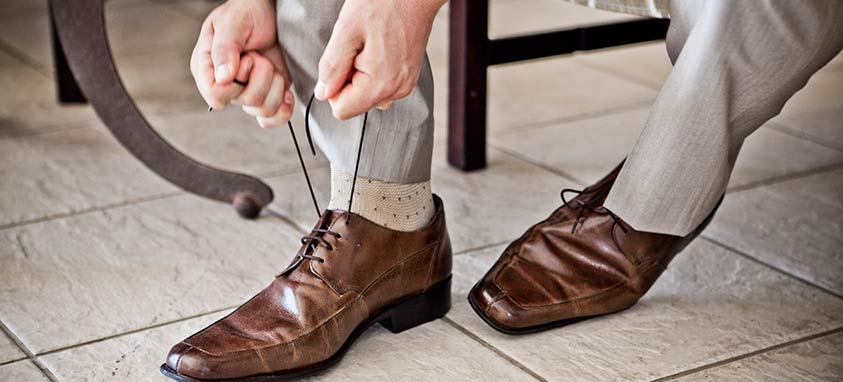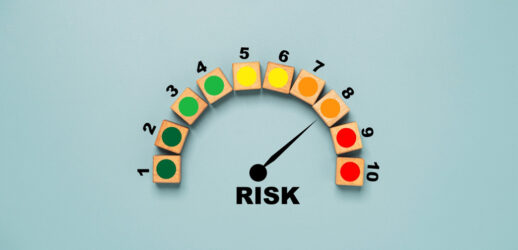It has been said that clothes make the man (or woman), but what exactly does the phrase dressed for success mean, especially as it relates to business?
Long ago the rules were formal and precise. Men sported dark suits with pressed shirts and ties; women wore conservative dresses or skirts with sensible heels and hose. For both sexes, shoes were polished, accessories were modest and hair was neatly trimmed.
The tide shifted several years ago when companies began to embrace casual Fridays. Dress codes in all industries were relaxed. Men arrived for work in khakis and collared sport shirts; women wore slacks and sweaters. Casual Fridays then went berserk—basically occurring Monday through Friday. Employees became increasingly lax about their wardrobes, often showing up to the office in T-shirts, jeans and sneakers.
A New Trend of Dress for Success
Blogger Sherri Scheck-Merrill suggests that times are changing again. In a post on hotelsmag.com, she happily notes that the days of workers wearing pajama bottoms and Uggs seem to be over, at least among younger workers.
Business professors and Internship programs “are spearheading a movement where students are encouraged to dress in business attire… in class, while participating in job interviews (mock or real) or attending intern and career fairs,” she writes. They are recognizing that when they sport proper business attire as opposed to casual wear, co-workers tend to act, speak and think differently towards them.
According to Scheck-Merrill, research confirms that the way people dress affects how they act and feel. “The psychological association between business attire and possessing traits of intelligence, confidence and charisma are actually installed during childhood. And the same holds true for casual attire and its association with being easygoing, laid back and easily approachable. Ironically, the same psychology can be applied to how society views those dressed in a uniform—whether it’s a police officer, flight attendant or front desk attendant,” she writes.
Hotels Are Re-Examining Uniforms
Most hotels require employees to wear standard uniforms, however a growing number are revamping them to suit the style of the millennials who sport them. In a recent posting on travelandtourworld.com, 93% of millennials say they want a job where they can be themselves at work, which includes dressing in a way that makes them feel comfortable and stylish. In response, many hospitality companies are moving to more fashion-forward uniforms.
At the JW Marriott Grand Rapids in Michigan, male employees are wearing fashionable suits with colored pocket squares. Like the sleek, downtown hotel, the attire is sophisticated and polished, yet unpretentious. In Florida, Hilton West Palm Beach has gone casual chic; valets sport black Adidas shirts while bartenders have leather vests and baristas wear trendy flat caps. In sexy South Beach, employees who work at the W South Beach WET deck are draped in a collection by Wet & Sea, a local Miami brand, and sport eyewear by designer Garrett Leight.




